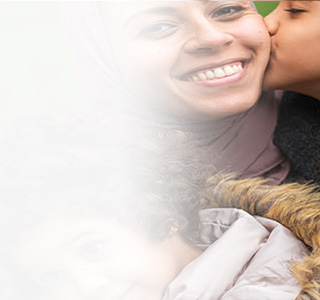
COPING WITH DEPORTATION
Supporting Young People with Deportation and Family Separation
When a loved one is deported or when the threat of a loved one’s deportation is constant, young people feel the weight of that fear in every part of their lives—at home, at school, and in their sense of safety and belonging.
How Does Deportation Impact Young People?
Deportation represents a profound and often traumatic loss for young people, frequently separating them from a primary caregiver or loved one with little or no warning. Even when young people are U.S. citizens, their caregivers may face impossible choices. Families can be torn apart overnight, stripping young people of emotional stability, financial support, and vital connections to their culture, language, and heritage. Living under the constant threat of deportation disrupts daily life, instills fear, and limits opportunities for growth and development. Over time, the chronic stress of this instability can lead to serious negative health outcomes, both mental and physical, leaving lasting effects on a child’s well-being and future.
How Does Rainbows Provide Support?
For over 42 years, Rainbows for All Children has supported hundreds of thousands of youth through grief, loss, and uncertainty. We continue to serve all young people—regardless of age, race, gender, or financial circumstances. If you or a young person you know is having a hard time with loss or change, [click here] to find Rainbows programming near you. Our programs are always free for participants, anywhere in the world where groups meet.
By joining the Rainbows community— whether as a participant, caregiver, or trained facilitator— you’ll gain access to an engaging, evidence-based curriculum, and a group of peers who understand. Sign up today, and become part of a compassionate, supportive network committed to helping young people process their experiences, grow, and thrive through life’s most challenging moments.
Helpful Resources
Supporting Youth Through Familial Deportation
Supporting Youth Through Community Deportation
General Resources
Categories
Find More Resources
We provide resources for all forms of grief.

Death
Of all the children in America, around 15% will experience the death of a family member or sibling. Even though death is ultimately a fact of life, it can be hard for anyone to experience this kind of loss, let alone a child.
Separation/Divorce
There are about 1.25 million divorces per year in the United States. Of all U.S. children, 50% will witness the breakup of their parents’ marriage, and almost 50% of those children will also see the breakup of a parent’s second marriage.
Incarceration
One in 28 children will have a parent become incarcerated before their 18th birthday. Approximately half of children with incarcerated parents are younger than 10 years old.
Deportation
When a parent, caregiver or sibling is deported, or even when there is the threat of deportation, the whole family suffers.
Military Deployment
Parental deployment is a form of loss that 3% of American children experience. This can be a very difficult adjustment for children, who may not be able to see or speak to that parent regularly, and who also may experience a great deal of stress when worried about his or her parent or guardian’s safety.
Significant Illness
A child coping with the significant illness of a parent, caregiver or sibling can face many challenges.
Community Crisis
Community crises, such as natural disasters, pandemics or political unrest, cause confusing emotions for children. Rainbows’ programs can help children navigate difficult times and provide a sense of stability.

Find A Support Group
Rainbows’ programs help children grieving the loss
of a parent or guardian due to death, divorce/separation,
deployment, deportation, incarceration or trauma.



